Global carmakers are piling into the nation’s nascent electric car market, indicating the advent of the truly “electric age” as the concept of electric mobility quickly catches on with Korean car buffs.
There are so far three full-electric models competing in the market ― the Kia Ray EV, Renault Samsung Motors’ SM3 Z.E. and GM Korea’s Chevrolet Spark EV. Their combined sales were a mere 715 cars last year.
This year, more fashionable models armed with better performance, longer driving ranges and lower prices are ready to hit the market.
Industry watchers now predict EV sales could double to some 1,500 vehicles in the coming months.
The BMW i3, as well as the success story of sexier vehicles like the Tesla Model S, is expected to help persuade Korean consumers that green driving can be stylish and luxurious.
“The BMW i3 is a brand-new model developed as an electric car from the beginning,” said Kim Hyo-joon, BMW Korea’s chief executive. “The car is still a BMW that never compromises on performance.”
While Hyundai Motor, the nation’s largest carmaker, is focusing on the development of hydrogen-powered vehicles, its affiliate Kia Motors has been pouring resources into full-electric cars to defend Korea’s pride in the EV market.
Following the 2011 debut of the Ray EV, the carmaker has recently unveiled the electric version of its top-selling Soul compact, which offers better range and performance. Along with a slew of new technologies, the carmaker has added a virtual engine sound system for pedestrian safety.
Japan’s Nissan also plans to launch its Leaf compact ― the best-selling EV model in the world ― in the coming weeks in Korea. Other carmakers like Volkswagen, Mia Electric and Tesla are also considering introducing their electric models in the market as early as next year.
“As there are no big differences in their performance and prices, industry watchers say, marketing will play a key role in spurring EV sales,” said Kang Dong-wan, a researcher at Korea Automotive Research Institute.
Government subsidies are also crucial to attracting carmakers into the market. Companies are betting big especially on Jejudo Island, which offers a combined 23 million won ($21,000) per EV purchase in rebates ― the highest-level of government support globally.
Along with the generous cash benefits, the island also boasts a wide network of 497 charging stations, which means one charging station every 3.72 square meters. The 190-kilometer road around the island is also within what most electric vehicles can manage on a single charge.
“This all makes the island a perfect combination for a test-bed for electric vehicles,” said Kim Dae-whan, organizing committee chairman of the International Electric Vehicle Expo, the first of its kind globally, which kicks off Saturday on Jejudo Island.
By Lee Ji-yoon (jylee@heraldcorp.com)
There are so far three full-electric models competing in the market ― the Kia Ray EV, Renault Samsung Motors’ SM3 Z.E. and GM Korea’s Chevrolet Spark EV. Their combined sales were a mere 715 cars last year.
This year, more fashionable models armed with better performance, longer driving ranges and lower prices are ready to hit the market.
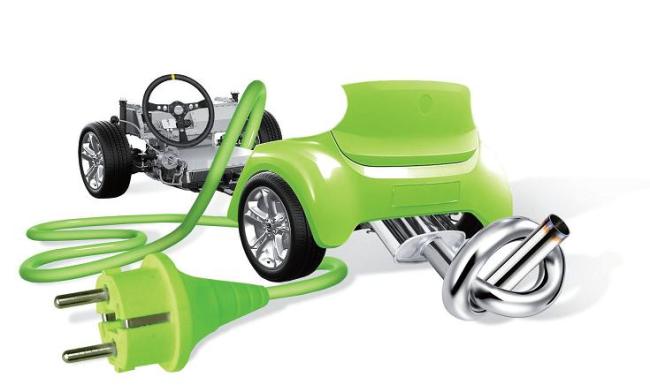 |
| (Graphic by Nam Kyung-don) |
Industry watchers now predict EV sales could double to some 1,500 vehicles in the coming months.
The BMW i3, as well as the success story of sexier vehicles like the Tesla Model S, is expected to help persuade Korean consumers that green driving can be stylish and luxurious.
“The BMW i3 is a brand-new model developed as an electric car from the beginning,” said Kim Hyo-joon, BMW Korea’s chief executive. “The car is still a BMW that never compromises on performance.”
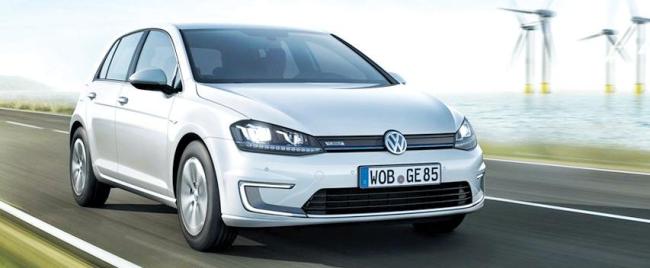 |
| Volkswagen e-Golf |
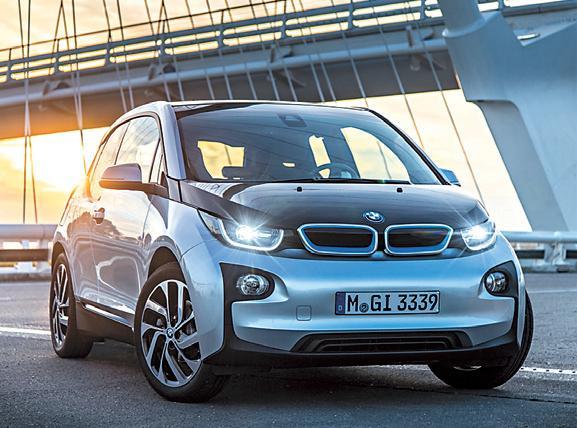 |
| BMW i3 |
While Hyundai Motor, the nation’s largest carmaker, is focusing on the development of hydrogen-powered vehicles, its affiliate Kia Motors has been pouring resources into full-electric cars to defend Korea’s pride in the EV market.
Following the 2011 debut of the Ray EV, the carmaker has recently unveiled the electric version of its top-selling Soul compact, which offers better range and performance. Along with a slew of new technologies, the carmaker has added a virtual engine sound system for pedestrian safety.
Japan’s Nissan also plans to launch its Leaf compact ― the best-selling EV model in the world ― in the coming weeks in Korea. Other carmakers like Volkswagen, Mia Electric and Tesla are also considering introducing their electric models in the market as early as next year.
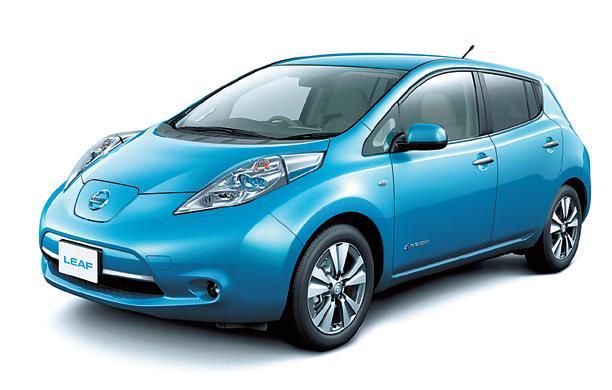 |
| Nissan Leaf |
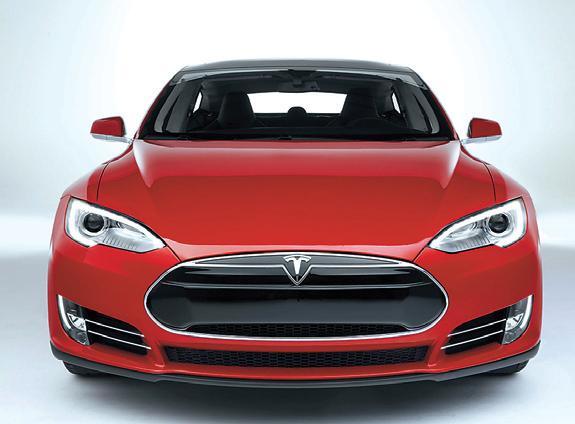 |
| Tesla Model S |
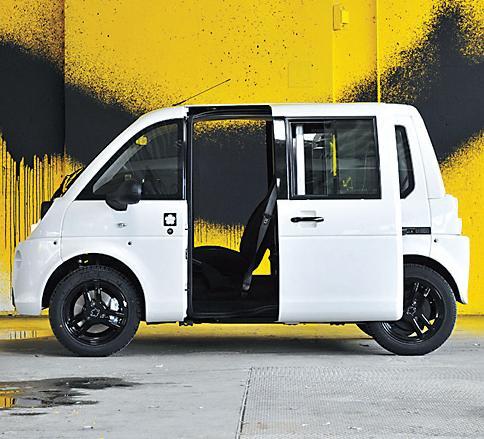 |
| Mia Electric’s Mia minibus |
“As there are no big differences in their performance and prices, industry watchers say, marketing will play a key role in spurring EV sales,” said Kang Dong-wan, a researcher at Korea Automotive Research Institute.
Government subsidies are also crucial to attracting carmakers into the market. Companies are betting big especially on Jejudo Island, which offers a combined 23 million won ($21,000) per EV purchase in rebates ― the highest-level of government support globally.
Along with the generous cash benefits, the island also boasts a wide network of 497 charging stations, which means one charging station every 3.72 square meters. The 190-kilometer road around the island is also within what most electric vehicles can manage on a single charge.
“This all makes the island a perfect combination for a test-bed for electric vehicles,” said Kim Dae-whan, organizing committee chairman of the International Electric Vehicle Expo, the first of its kind globally, which kicks off Saturday on Jejudo Island.
By Lee Ji-yoon (jylee@heraldcorp.com)





